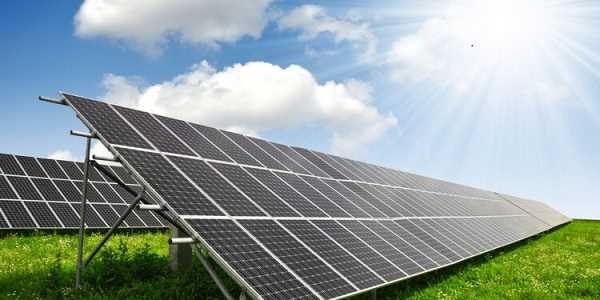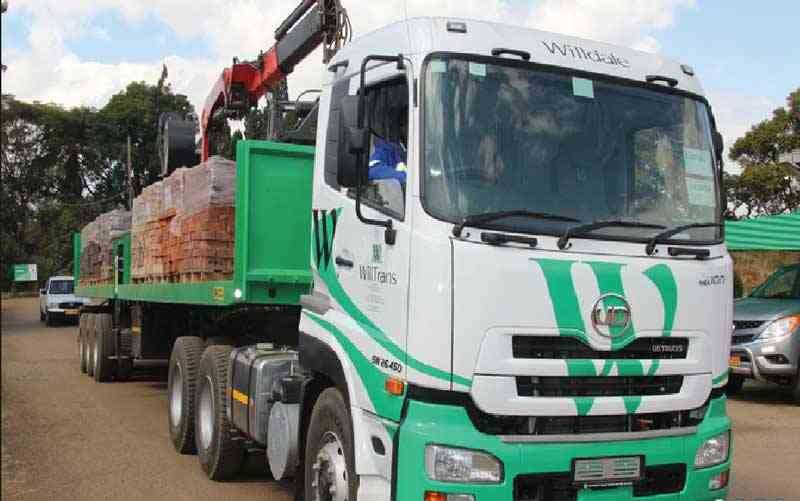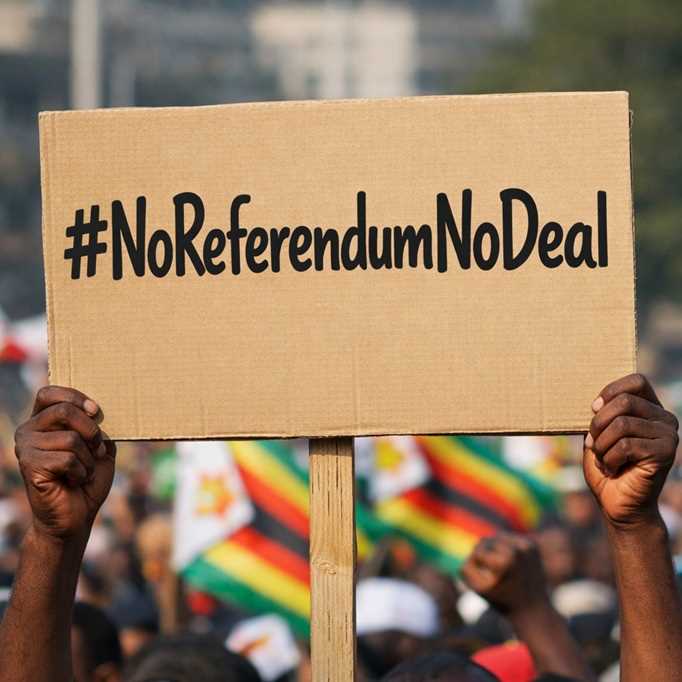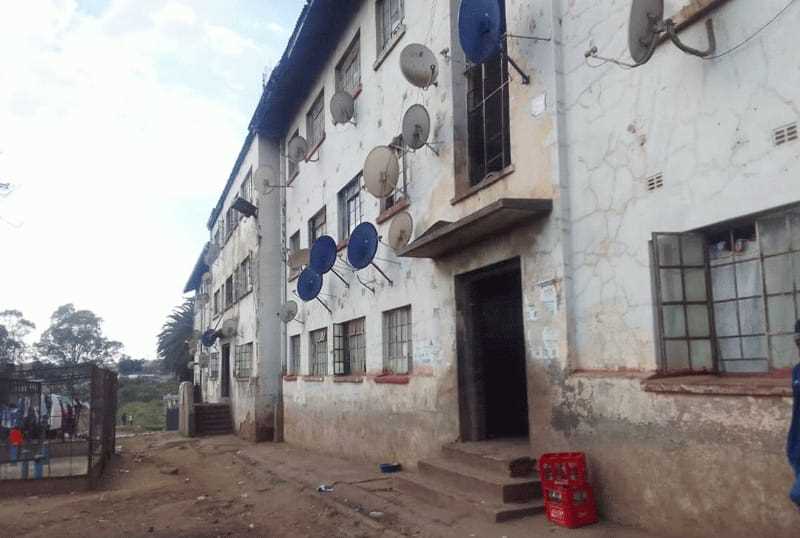
Karo Mining Holdings says an Environmental and Social Impact Assessment is ongoing for its 30 MW solar photovoltaic project, which would deliver competitive power on its platinum property on the Great Dyke in Mashonaland West.
An ESIA is a detailed assessment that evaluates the potential environmental and social implications of a proposed project or development. It detects potential consequences, assesses their significance, and offers mitigation actions to minimise or avoid negative impacts while enhancing good impacts.
The construction of a solar PV project is done through an agreement with Total Eren, and the firm previously signed a Memorandum of Understanding as the first step towards executing and signing a long-term electricity Purchase Agreement for electricity delivery.
In an Interview with Karo country manager Josephat Zimba, said: “Notable progress has been made on the 30 MW solar PV plant. As previously mentioned, the land has been identified, and requisite agreements are currently being signed with landowners. Concurrently, an Environmental and Social Impact Assessment is underway.”
The solar project will offer low carbon power to the Karo Platinum Mine over its operational life, lowering its carbon footprint and producing a competitive source of electricity supply in Zimbabwe.
Related Stories
The solar PV project is expected to have an initial installed capacity of 30 MW, with a potential extension of up to 300 MW.
Tharisa Plc owns the majority of the Karo project. It will cost US$391 million to develop. Tharisa raised US$135 million in capital by leveraging existing assets, US$260 million in syndicated loans, and a US$50 million bond put on the VFEX, which has so far raised US$36.8 million.
The US$4.2 billion project is an open pit platinum group metals tier 1 asset with minimal operating costs. At full capacity, Karo will process roughly 2.5 Mtpa of ore and produce 190.0 koz/ of PGMs (6E base) annually.
Other PGMs entities constructing in green energy include Zimplats, which stated in its third quarter report ended September 2023 that a 35MW solar plant project was implemented as planned during the quarter, with a total of US$1 million spent to date and US$35 million committed as of 30 September 2023, against a budget of US$37 million.
This is the first of four phases of the project, which will cost a total of US$201 million and generate 185 MW when completed. - theenvironment.co.zw



















Leave Comments